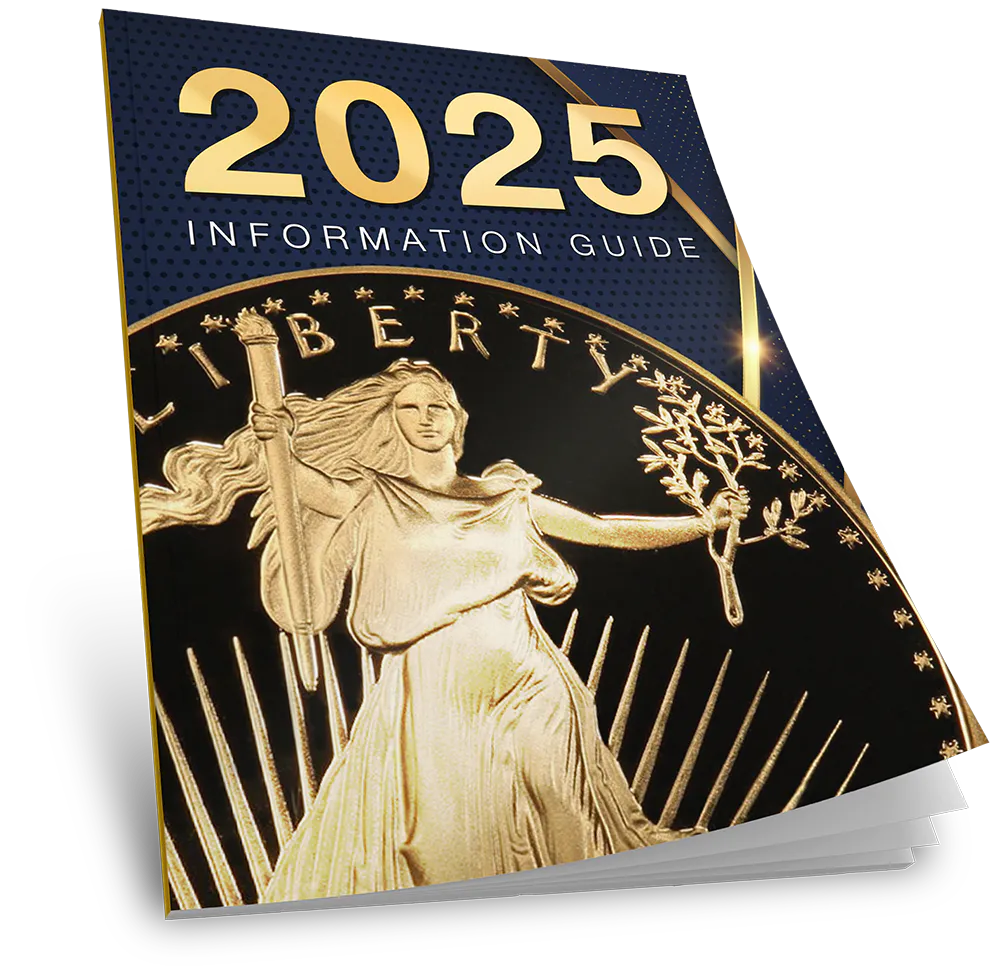Brace for Irrational Markets
Torsten Sløk, the Chief Economist at Apollo Global Management, listed his top concerns for 2025. Amongst them is the U.S. economy reaccelerating and the return of ‘animal spirits’. What are these animal spirits, and what can you do to protect your funds against them?1
Market Theory
Adam Smith viewed the market as being made up of rational decisions by rational individuals. But, if this was always the case, financial bubbles and crashes would not occur. Markets and decision makers can be far from rational. Business leader Jack Welch once emphasized that after looking at the facts, decisions come “straight from the gut.”
Famed British economist John Maynard Keynes offered his own market vision. He coined the term “animal spirits” to describe how people make financial decisions in times of economic uncertainty. These animal spirits are fueled by emotions such as confidence, hope, fear, and pessimism.2
The Animal Spirits
Nobel laureate George A. Akerlof and Yale economist Robert J. Shiller identify five key animal spirits:3
Confidence: The level of optimism or pessimism in the economy. High confidence encourages investment, spending, and risk-taking, fueling growth. Conversely, low confidence dampens economic activity.
Corruption: This refers to unethical practices and bad faith in finance and business. Fraudulent products and deceptive accounting undermine market integrity.
Money Illusion: The tendency to focus on the face value of money without considering inflation. This often results in poor financial decisions, especially when inflation is high.
Fairness: People’s perceptions of fairness in economic transactions influence wages, pricing, and economic behavior. Perceived unfairness can lead to conflict and reduced productivity.
Stories: Narratives about the economy shape expectations and decision-making, often influencing outcomes as much as the underlying data.
Reasons for Animal Spirits in 2025
Animal spirits are expected to rise in 2025 due to several key factors:
Political Optimism: Anticipation of positive impacts from the 2024 election results mirrors the optimism following Trump’s 2016 victory.
Pro-Growth Policies: Expectations of deregulation, tax cuts, and business-friendly measures are driving confidence among businesses and investors.
Federal Reserve Rate Cuts: Predicted interest rate cuts in 2025 are lifting market sentiment and encouraging risk-taking.
Economic and Corporate Growth: Forecasts of GDP growth rising to 2.5% and accelerating corporate earnings are fueling market positivity.
Investor and Business Sentiment: Increased optimism among investors and small businesses is boosting valuations, spending, and risk appetite.
These factors are collectively creating a psychological environment where businesses, consumers, and investors are more willing to take risks, spend, and invest.
Danger of Animal Spirits
Animal spirits sound like they should be a good thing rising from optimistic, energetic growth. But they can have a downside.
Investors naturally seek to capitalize on market booms and shield themselves during downturns. However, reacting to price changes can fuel volatility. This can create a feedback loop. The cycle often lasts until the inevitable collapse of a speculative bubble.
For example, rising stock or housing prices can lead to increased consumer spending and reduced savings as people feel wealthier. Conversely, falling prices trigger reduced spending, bankruptcies, and weakened financial institutions. Thereby driving a downward spiral.
Excessive optimism or pessimism can worsen inflation, deepen recessions, or prolong periods of overheating. Herd behavior, corruption, and irrational decision-making combine to make it worse. All of which make it difficult for policymakers to stabilize the economy.
 4
4
Examples of Animal Spirits
The dot-com bubble and the Great Recession are prime examples of how animal spirits can distort markets. For the dot-com bubble in the late 1990s, overconfidence in internet companies led to soaring valuations, followed by a dramatic crash. In the mid-2000s, exuberance in the housing market fueled a financial crisis with global repercussions. The Great Recession was the result.
Today, some economists warn of an AI-driven asset bubble. They see valuations swollen by optimism around artificial intelligence. Meanwhile, massive government spending has distorted market valuations. Creating an environment ripe for volatility.
Protecting Your Finances
It’s hard to make rational financial decisions when you don’t have full information. This is especially true for products bought for you through pensions and 401(k) funds. To safeguard your money, consider diversifying into assets less prone to volatility.
One such option is gold. As a stable, long-term asset, gold is relatively insulated from the whims of animal spirits. Its value is tied to the global market, making it a rational choice for those seeking to protect their funds against economic uncertainty. A Gold IRA can shield your savings for as long as animal spirits disrupt the market. To learn more, contact us today at 800-462-0071.






